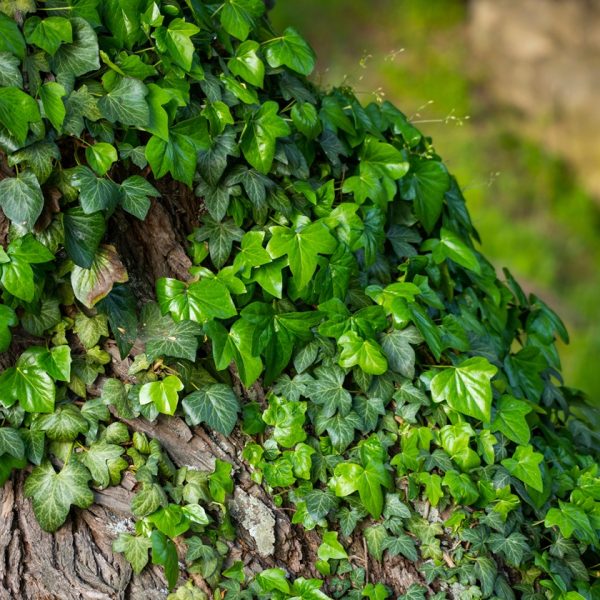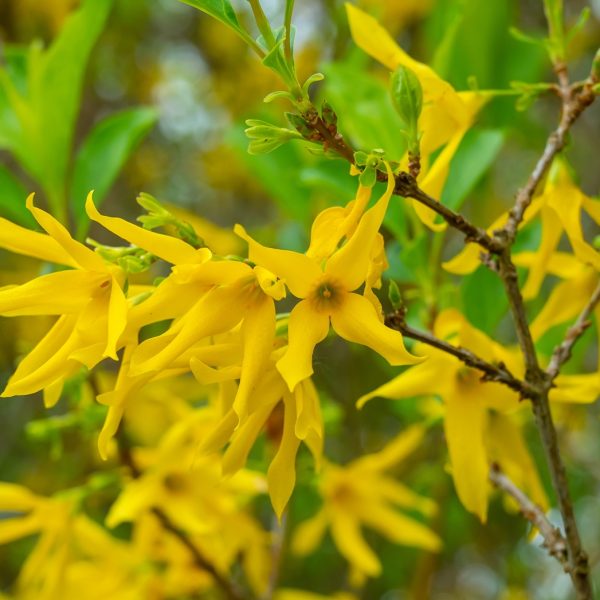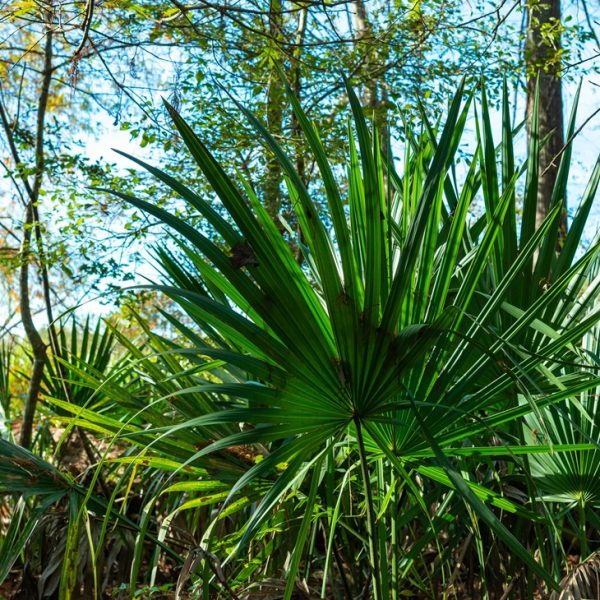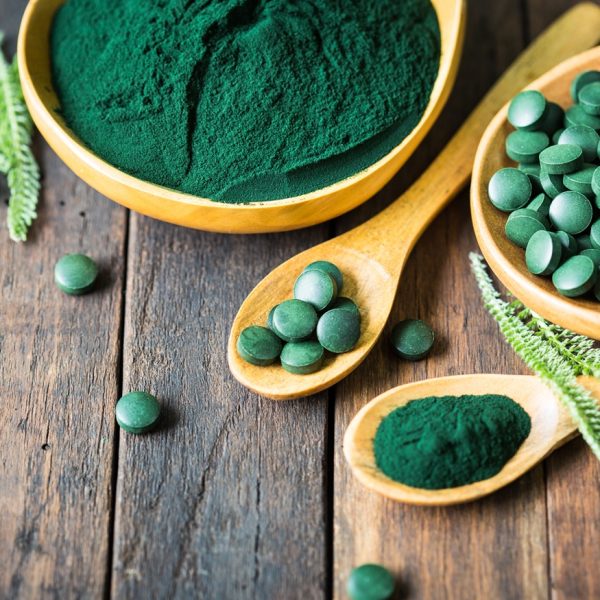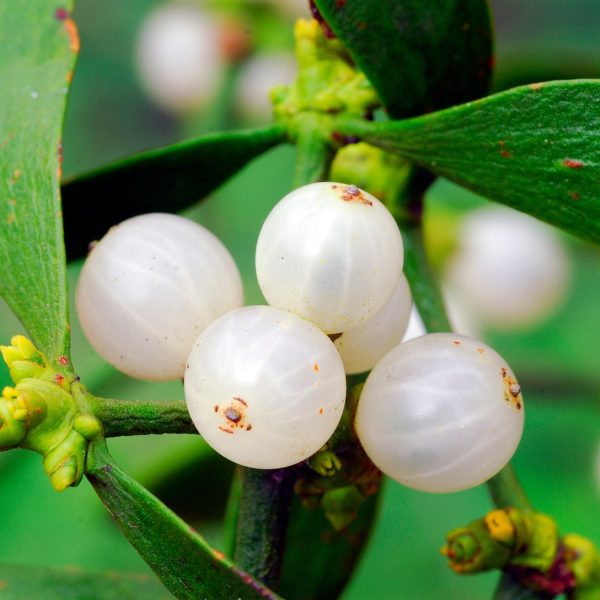
Herbalist Jonny Woodall discusses how herbal medicine can support resilience, healing and transformation.
“The mass of men lead lives of quiet desperation” – Henry David Thoreau
Men in the developed western world are struggling. Spiralling rates of depression, suicide and poor mental health increase year on year in most western countries. The statistics paint a woeful picture (1):
- Nearly 75% of adults who are reported missing are men
- 87% of rough sleepers are men
- Three times as many men as women die by suicide
- Men report lower levels of life satisfaction than women
- The vast majority of the prison population are men
- Men are more likely to be detained under the mental health act
- Men are three times more likely to be drug and alcohol dependent than women
- Suicide is the leading cause of death for adult men under the age of 50
- Approximately 75% of the 6,000 recorded suicides in the UK in 2017 were male
How did we get here
It is difficult to point at one solid piece of data or theory as to why men are in the situation we find ourselves today.
In my work with men I believe the underlying themes point towards a number of different reasons:
- Lack of purpose or meaning in life
- The addiction to short term gratification – Food, material positions, sex, gambling etc.
- Poor male mentoring influence – No father in the childhood home or strong, well rounded male figures in the patient’s life
- The glorification of violence, money and tyrannical power as a pursuit to meaning
- Trauma
- Adverse childhood events (2)
- A society that values academic pursuits instead of a well-rounded, meaningful spiritual pursuit towards discovering truth and purpose
- Poor boundaries and a lack of assertiveness
- Lacking healthy morals
What does a herbalist see in their male patients?

In my clinic I work with mostly young men aged 20-35. Many are what I consider to be “lost”. Lacking meaningful careers, healthy relationships, filled with anxiety, depression and substance abuse.
The focus of understanding the male patient first comes with detailing physiological complaints but often turns into uncovering the life plan or life pattern that the individual is stagnant in, stuck in or struggling to break. It is therefore crucial to help the man see his body is deeply connected to what he surrounds himself with or ingests. Poor dietary choices and substance misuse are critical to discuss as they often underpin a self-medication process that many men are sucked into in order to cope. This is linked to lacking internal resources and the lack of action on the areas of their life that need attention.
Younger male patients are often unaware of how their behaviours are intricately linked with short term gratification (3). Preferring to engage in behaviours that offer very short term relief through dopaminergic activity (drugs, food, gambling, pornography, spending excessive amounts of money etc). However, this can be a problem that affects men at any age.
Older men tend to live more meaningful lives in terms of family commitments, children and job/career. They are more dominant in manifesting a stronger sense of purpose, responsibility and meaning. But the juggling of such responsibilities can become overwhelming and as such promote a background feeling of instability that men can find difficult to comprehend. This follows the theory of the ‘U-shaped happiness curve’ (4) which shows data from across the world pointing towards life satisfaction dropping in the age range of 40-50. These also happen to be the years with peak responsibilities when it comes to jobs, finances, children and hobbies. Exhaustion and stress become entrenched within the man who struggles with his demanding work/life balance. Selye’s general adaptation syndrome (5) provides key parts to how the stress response can become overloaded and middle-aged men living a manifested life are easily overburdened around this age. The “mid-life crisis” plays into this phenomenon of men being unsatisfied in their mid-forties, and seeking other pursuits to alleviate the burden.
At all ages it would seem men have many areas of their life that they consciously or unconsciously do not speak about for reasons such as fear of judgement, ridicule or a general lack of awareness that they need attention.
Why does substance misuse, intoxicants and poor dietary choices often feature?
Humans are innately gifted at using things in their environment to bring about a change. Abuse and/or misuse of foods, medicine and drugs will often feature in a male patient seeking help for mental health problems. It is an important subject to understand here in that the patient is merely seeking a change in their experience of reality by using foods and substances to cope with, change or repress a human sensation or emotion they are struggling to comprehend.
I find that substances play differing roles for men, mainly dependant upon age. Younger men tend to use substances in more social settings as a means to engage with the group. This is predominantly the “party” scene. Large gatherings of people help the individual find more meaning, but they often include substance abuse as a social dynamic. Solitary substance use tends to be more Cannabis in the younger generation of men. Cannabis is often used for anxiety and insomnia in the home, with stimulants such as cocaine and amphetamine being more favoured when in a group setting. In this case the substances are not necessarily stress related, or due to such a lack of responsibilities, but more associated with escapism.
Substances easily creep in with older men to cope with the increasing demands of a responsible life filled with a mortgage, marriage and children. Excessive Coffee often features in the morning due to poor cortisol awakening response (6), sugary foods during the day due to glucose needs impacted by stress, and alcohol in the evening to switch off and sleep.
Treatment plan
Whilst every man is unique in presentation the following protocol is one I use with the most success:
- Detailed analysis and discussion of childhood experiences, family life, living situation, diet, substance misuse and physiological complaints.
- Introduction of agreements surrounding action that needs to be worked upon to become more of the man they wish to be.
- Agreements on changing diet and reducing substance misuse.
- The withdrawal of substances needs to be aligned with the practitioner attempting to understand what the male patient is using them for (repression of emotions, escapism, social connection, physical pain etc).
- Herbal treatment should be initially aimed at balancing the autonomic nervous system, fortifying the man’s energy reserves and reducing inflammation. This is often done with tonics, adaptogens, relaxants and anxiolytics.
- Younger men in their 20’s tend to be needing help to manifest more of the life they want by accepting the meaningful pursuit of responsibility. Herbs that change blood dynamics are more helpful here to break internal stagnancy which will be reflected in their external reality.
- Older men over 40 tend to need more help with finding calm, peace and a restructuring of the overburdening of responsibilities. Herbs that help reduce inflammation and calm the nervous system tend to be more relevant in this age group.
- Subsequent treatment should be aimed at working alongside new found goals, visions or thoughts towards a particular challenge, block and project they find meaning in. Nootropics are useful here.
- In all stages of treatment the consultations should encourage a significant amount of time towards facilitating the man to understand his life is more within his control than what he initially realises. Talking therapy, coaching and herbs are supporting him to become more manifested as a well-rounded and balanced individual.
- Men are likely to hold onto emotions for fear of judgement. When information is shared or released it is to be celebrated and encouraged by operating through a safe container in which information is received, discussed openly and new perspectives offered. This encourages trust and recognition that the male patient learns is not just acceptable but needed to unburden himself of the psychological weight that carrying around shame, guilt, anger, fear and resentments can bring upon the body.
- Nootropics are more likely to produce desired affects once inflammation, autonomic nervous system function, gut health and blood pressure have all found a more regulatory nature. I find that giving nootropics too early into treatment will lack the desired outcome.
- As treatment progresses remember that the practitioner will produce lasting change by focusing on the life plan resolution and transformation rather than the disease. If you focus solely on the disease and treat only at the physiological level of illness you may not induce the psyco-spiritual changes that assist men to learn how they can master more control of their internal and external reality.
Which herbs are used?
The following herbs are ones I use continuously with my male patients.
Gotu kola (Hydrocotyle asiatica)
Actions: Nootropic, anti-inflammatory, brain tonic, warming
Used for: Balancing the autonomic nervous system (ANS). Prolonged stress will cause a dysregulation that is perpetuated even at rest. Gotu Kola help stabilise and module the ANS. Helpful for anxiety.

Tulsi (Ocimum sanctum)
Actions: Lung tonic, antidepressant, aromatic, stress relieving, adaptogen
Used for: Stagnation in mind and body. It is a highly aromatic herb that focuses on expelling mucus in the lungs and digestion. Perfect for supporting a male patient who is a chronic smoker and/or substance user addicted to behavioural patterns that have caused stagnation.
He Shou Wu (Polygonum multiflorum radix)
Actions: Adaptogen, blood tonic, kidney tonic, alterative, rejuvenative, nervine
Used for: Exhaustion and depletion associated with chronic stress. Pain and weakness in the lower back, knees and tendons. A tonic for the adrenals, liver and pancreas.
Maca root (Lepedium meyenii radix)
Actions: Boosts fertility, rejuvenative, aphrodisiac, sexual tonic
Used for: A native to the high Andean mountains of Peru. It was supposedly eaten by Inca warriors before going into battle as well as being given as a gift to newly married couples (7). Useful for men of any age who are exhausted, suffering with low libido and a general feeling they are severely lacking physiological power.

Damiana leaf (Turnera diffusa folia)
Actions: Antidepressant, aphrodisiac, anxiolytic, relieving stress
Used for: Improving decision making associated with fear of the unknown. Relaxing the mind and stimulating change.
Wu Wei Zi (Schisandra chinensis fructus)
Actions: Adaptogen, aphrodisiac, nervine, astringent, antidepressant
Used for: Originally used by Siberian hunters to improve eyesight, strength and resilience during challenging pursuits. Wu Wei Zi is an adaptogen that has affinity for improving the health of the liver and the vitality of the kidneys. I often use it with male patients who have a lot of repressed anger that needs to be expressed and integrated.
Borage (Borago officinalis)
Actions: Adrenal tonic, anti-inflammatory, diuretic
Used for: Improving adrenal vitality and regulation. A hyperactive fight or flight response will tax energy levels and Borage is often supportive of improving energy levels, giving the man more resources (energy) with which to take action to bring about further resolution and change.
Rosemary (Rosmarinus officinalis)
Actions: Nootropic, antidepressant, stimulates circulation and improves bloodflow.
Used for: Young male patients who are often lazy, lacking motivation and need to create momentum. Rosemary improves blood dynamics which are often stagnant in young men, reflecting a much needed change in behavioural patterns towards creating the life they want.
References
- https://www.mentalhealth.org.uk/statistics/mental-health-statistics-men-and-women
- https://mft.nhs.uk/rmch/services/camhs/young-people/adverse-childhood-experiences-aces-and-attachment/
- https://www.psychologytoday.com/gb/blog/the-modern-brain/201909/the-real-issue-instant-gratification
- https://www.inc.com/jeff-haden/scientists-just-discovered-mid-life-crisis-peaks-at-age-47-heres-how-to-minimize-effect-of-happiness-curve.html
- https://www.medicalnewstoday.com/articles/320172
- Lovallo. W.R, Whitsett. T. L, al’Absi. M, Sung. B. H, Vincent. A. S, Wilson, M. F. (2005) Caffeine Stimulation of Cortisol Secretion Across the Waking Hours in Relation to Caffeine Intake Levels, Psychosomatic Medicine, 67(5): p. 734-739.
- https://charli-cohen.com/maca-the-mysterious-superfood-and-hormone-balancer/

